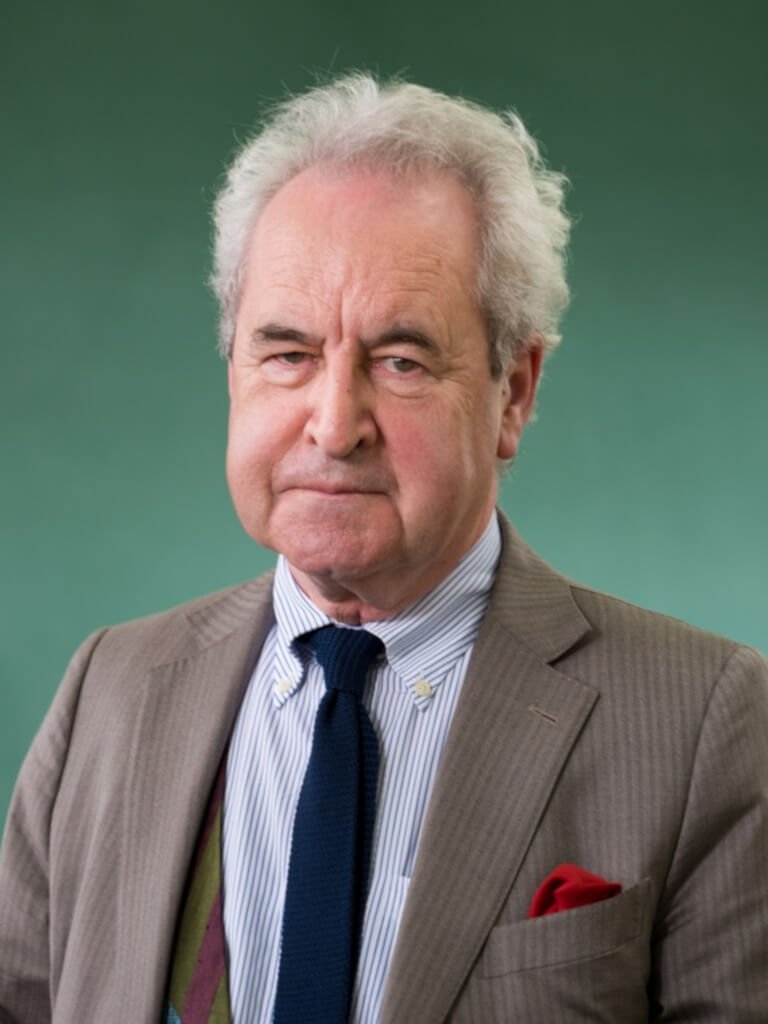
John Banville is a novelist, screenwriter, playwright and book reviewer. He worked in journalism for many years, and was literary editor at The Irish Times from 1988 to 2000. He is a regular contributor to The New York Review of Books, and other journals.His novels include The Book of Evidence, The Sea,
John Banville is a novelist, screenwriter, playwright and book reviewer. He worked in journalism for many years, and was literary editor at The Irish Times from 1988 to 2000. He is a regular contributor to The New York Review of Books, and other journals.
His novels include The Book of Evidence, The Sea, and, most recently, The Singularities. Among the awards he has received are the Man Booker Prize, the Austrian State Prize for Literature, the Kafka Prize, Irish PEN Award and the Prince of Asturias Award. He has written a number of crime novels, including Snow, and, most recently, April in Spain. He was born in Wexford, and lives in Dublin.



